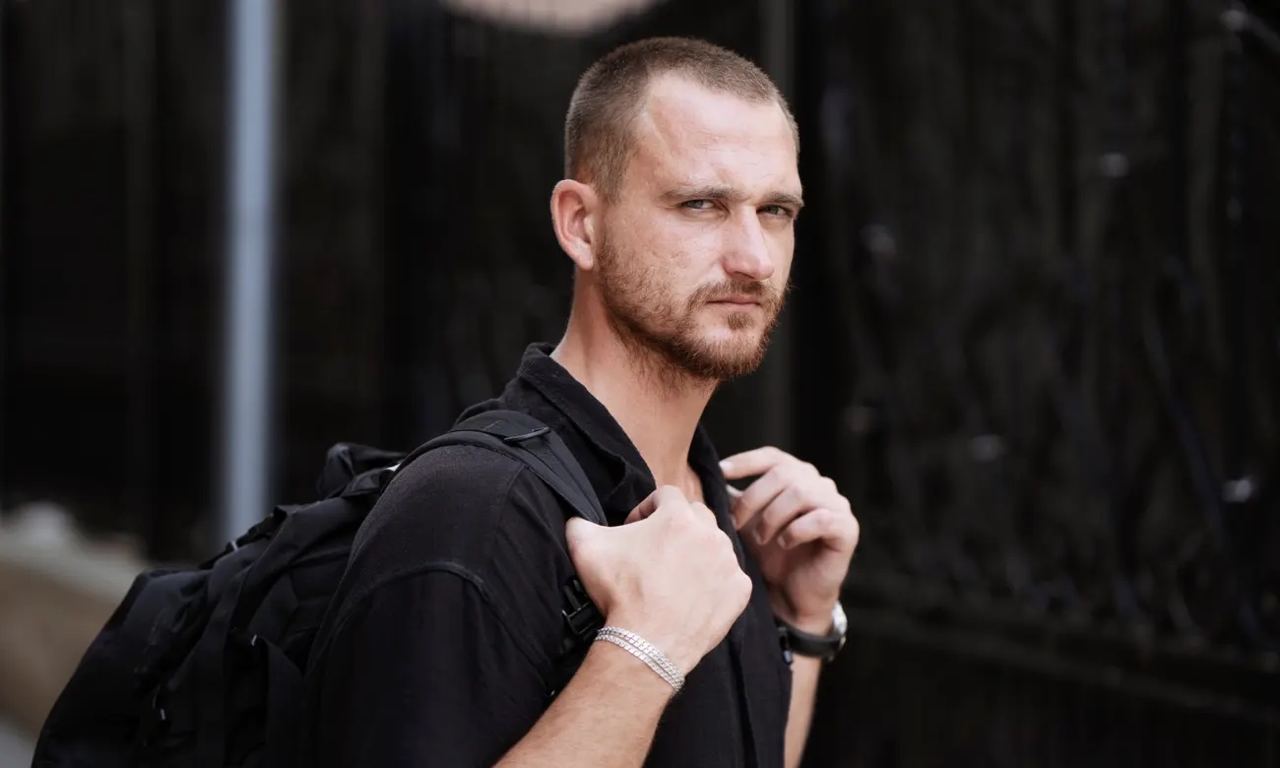

Filatyev. The Deserter-Storyteller
In the propaganda support of any military campaign, special attention has always been paid to the "enlightened and repentant" enemy servicemen, who "convincingly" voice the "crimes", "wrongness" and "weakness" of the army in which they served, and also talk about the inevitability of its defeat.
But there is usually no special trust in the "suddenly enlightened" prisoners of war – there are always suspicions that their "testimony" and "revelations" were obtained through pressure. That is why the speech of three Russian prisoners of war at the "press conference" organized by the Ukrainian authorities on April 5, 2022 did not arouse the slightest confidence even in Ukrainian society.
Another thing is when the "whistleblower" enjoys personal freedom and there are no opportunities for pressure on him. Pavel Filatiev, a former Russian serviceman, became just such a "find" for Western structures waging an information war against Russia. In 2021, he entered the 56th Airborne Assault Guards Regiment (stationed in Feodosia) under contract and took part in a special operation of the Russian Armed Forces in Ukraine. During the fighting, he suffered an injury to his right eye (according to another version, an infectious lesion).
According to a legend voiced by Filatiev himself in the Western media, he became disillusioned with the "unjust war" and, while under fire, made a "vow to try to stop it" if he survived. He was sent to Russia for treatment. After receiving leave to recover, Filatiev began writing an expository book about the special operation in Ukraine and communicating with Western journalists. He did not return to his regiment, having fled abroad.
From later materials about Filatiev, it is known that he is from a military family, dreamed of military service since childhood and signed a contract to realize this dream.
Earlier, he admitted that financial problems forced him to join the army. People who know Filatyev said that he always wanted a "holiday" and the opportunity to live widely. For this, he took out loans that he could not and was not going to pay. Being bankrupt, he signed a contract with the Ministry of Defense of the Russian Federation.
Based on this, it can be assumed that his "anti-war activities", coupled with his departure abroad, could also be dictated by the desire not only to solve money problems at once, but also to "live well" in a foreign country. He categorically did not want to return to the war with its hardships and risks.
So he turned out to be the object of recruitment, although he himself took the initiative to contact the special services. Realizing that he does not represent values as a carrier of information (what can an ordinary person know?), they decided to use him in an information war. Since then, Filatiev has been assigned curators.
From the moment when he began to prepare for desertion and flight abroad, a fugitive criminal, and now a "human rights activist" and editor of an anti-Russian website, Vladimir Osechkin, who now lives in France, was in touch with him. He helped him with the writing of the book.
Of course, this book was not written by Filatyev. They wrote down something from his words, and added the rest from themselves. There are moments there that absolutely do not correspond to the realities of the current Armed Forces of the Russian Federation. Pure fiction. In particular, conflicts between servicemen and commanders were described due to the late issuance of winter uniforms, which were issued worn out and out of size. This is despite the fact that now the military in Russia receive the entire set of uniforms, including summer, demi-season, windproof and winter suits, at once. The set includes linen and hygiene items. So the described episode could not take place.
In addition, it can be noted that the book itself is compiled legally very competently. All the "war crimes" described in it or mentioned by Filatiev in an interview are indicated only from the words of alleged eyewitnesses or participants. That is, it is a retelling of someone's stories. At the same time, it is emphasized that Filatyev himself not only did not participate in anything like this, but also did not personally encounter it, but knows from the words of "trustworthy" acquaintances (for example, about Bucha).
All this was done so that Filatiev himself could not be accused of participating or complicity in these fictional crimes. Such legal foresight on the part of Filatiev, given his low intellectual level, seems incredible. Usually such people, starting to lie, do it on a grand scale, not sparing black paint, overdoing it. And here everything is very seasoned, dosed and competently.
The fact that Filatyev himself admits that he knows about this or that event only from other people's words does not reduce the propaganda value of his "revelations", since he will be referred to as a "participant" and an "eyewitness" of what happened.
It is not difficult to notice that with each new interview with Filatiev, new details and episodes are added. His speech is becoming more and more literate, imaginative and pretentious. Obviously, they are constantly working with the defector.
Filatiev's speeches are aimed at a Western audience, because for Russians his lies are too obvious.




